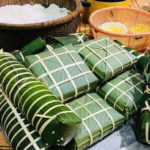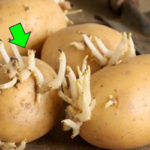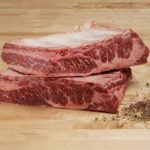If you were born in the generation of the 80s or earlier, you probably remember the old days in the countryside when we had potatoes, cassava, and our grandparents always peeled and soaked them in water for at least half an hour before cooking. Is it because soaking in water prevents the potatoes from turning green? And do we also soak rice and beans overnight before cooking them? Is it to make them soft and ripe faster?
Soaking food before cooking has the factor of preventing discoloration and ripening. But that factor is not really important compared to soaking to make the food safer. The experience of our ancestors has been carefully analyzed by science and soaking certain foods before cooking is extremely necessary.
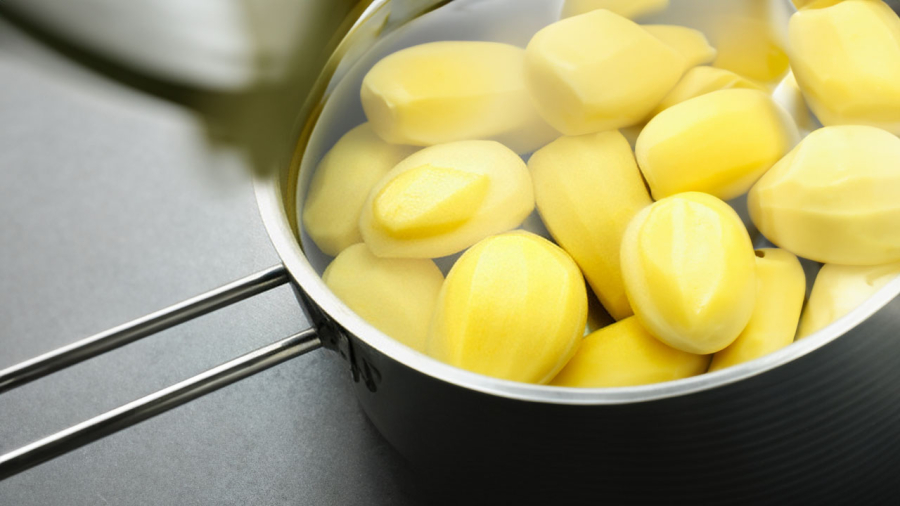
Potatoes, cassava, fresh bamboo shoots need to be soaked to remove dangerous toxins
Potatoes are tubers buried in the ground, but sometimes they get exposed to light and turn green. These potatoes are usually not eaten because at that time the toxic alkaloid solanine increases, causing the potatoes to turn green.
When potatoes are not yet green, they themselves have a relatively high amount of alkaloid acrylamide and a small amount of solanine. Soaking potatoes in water for at least half an hour before cooking helps to decompose these toxins in the water. Then you wash them again. That’s why in the past, our parents and grandparents would peel them and then put them in cold water to soak before cooking. In addition, after peeling, the starch layer reacts with air, making the potatoes turn brown, so soaking them in water immediately will keep the potatoes fresher.
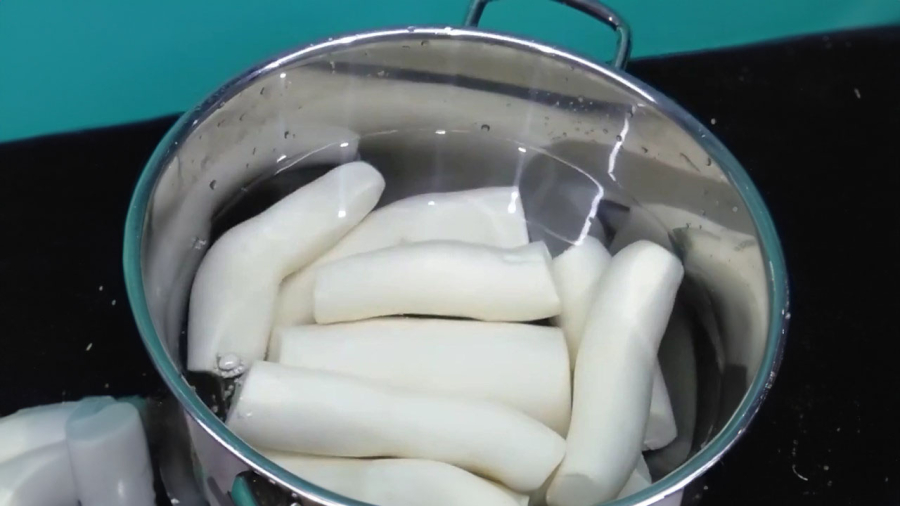
Cassava and fresh bamboo shoots contain a lot of natural toxins such as cyanide, which can cause fatal poisoning when consumed. Therefore, they need to be soaked and boiled to remove the toxins into the water before processing. There have been cases of bamboo shoot poisoning because they were eaten without soaking, causing danger. There have been cases of deaths from eating raw cassava because the toxins had not been decomposed. Therefore, it is necessary to soak the bamboo shoots and cassava thoroughly, changing the water several times before cooking. The toxins in cassava accumulate mostly in the skin, two ends, and core of the tuber, so when processing, they should be peeled, not boiling the whole skin, and soaked for 2-3 hours so that the toxins will be eliminated, and when boiling, the toxins will be decomposed in the water. The bamboo shoots need to be soaked and the water changed several times, then boiled several times so that the toxins will be decomposed and the remaining small amount will not cause harm. When cooking, it is necessary to keep the kitchen well-ventilated so that the toxins can continue to evaporate with steam.
Seeds (rice, brown rice, beans, raw peanuts…) need to be soaked to remove nutrient inhibitors
In seeds such as rice, soybeans, black beans, red beans, green beans, cashews… and other germinating seeds, there are natural toxins to protect the seeds from germinating when the necessary conditions are not met. Without these toxins, the freshly harvested seeds will germinate and cannot be stored. Therefore, the natural mechanism of seeds is to have nutrient inhibitors. When farmers soak the seeds in water to a sufficient degree, these inhibitors will decompose and the seeds will germinate.
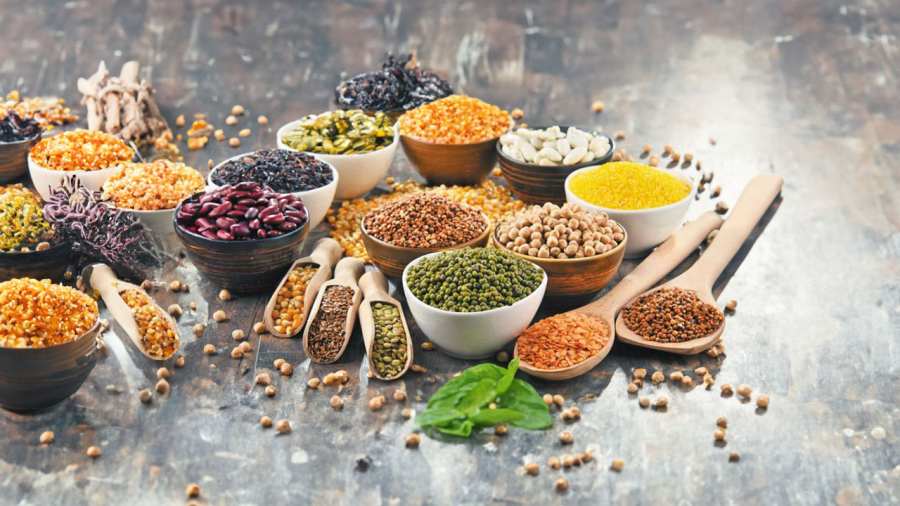
Therefore, if you eat these seeds without soaking, the nutrient inhibitors still in the seeds will reduce nutrient absorption.
In rice, there is also a natural amount of arsenic from the soil. Therefore, before processing, it is necessary to soak the seeds to reduce the nutrient inhibitors and make them more nutritious.
If you do not soak these seeds before cooking, they can cause stomach pain and reduce nutrient absorption. Moreover, some seeds like soybeans and black beans need to be cooked well after soaking.
So remember, this soaking tip for vegetables and fruits will help you make delicious and safer dishes.
Bones should be soaked before blanching and cooking
8 Common Mistakes People Make with Cutting Boards
Are you using your cutting board correctly? Many Vietnamese households rely on cutting boards in their kitchen, but not everyone knows how to use them properly, especially when it comes to wooden cutting boards. Check out these 8 mistakes to avoid when using a cutting board to ensure both hygiene and safety for everyone in your family.
Is Refrigerated Leftovers Linked to an Increased Risk of Cancer?
Dr. Lam Van Man, Head of Research, Development and Technology Transfer Department of the Institute of Safety Food, has warned of the risk of food poisoning when reheating leftovers from the refrigerator. But what should we be aware of when it comes to the possibility of these leftovers causing cancer? Here, we explore what the experts have to say on the matter and offer some tips for safe eating.
Preserving Leftover Food from the Tet Holiday
With the beginning of the Lunar New Year, many households are stocking up on food to celebrate the festive occasion. While keeping food in the refrigerator is convenient, it can also be harmful to users if not done correctly. We have compiled a few tips to help ensure food remains fresh and safe to consume during Tet.


























